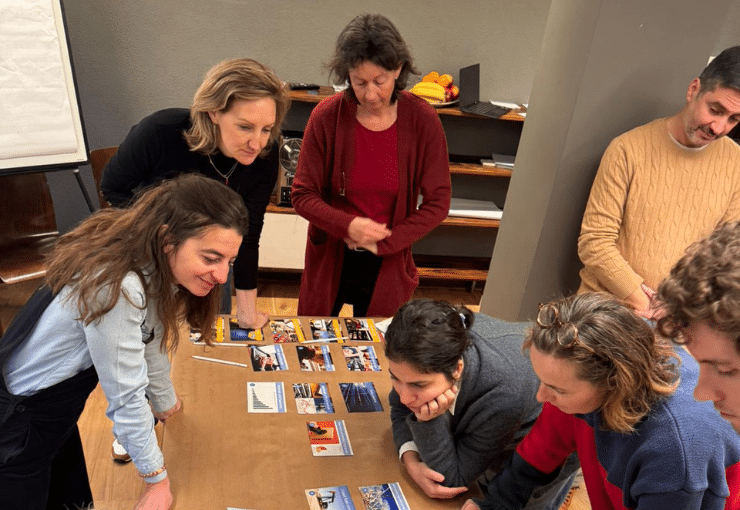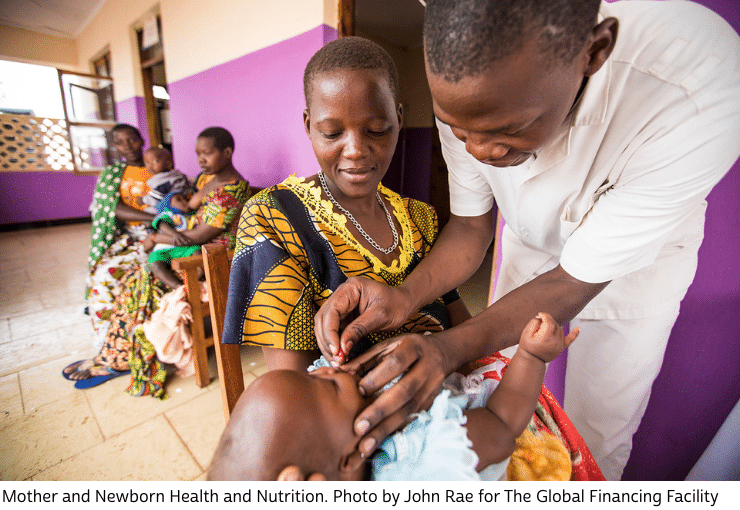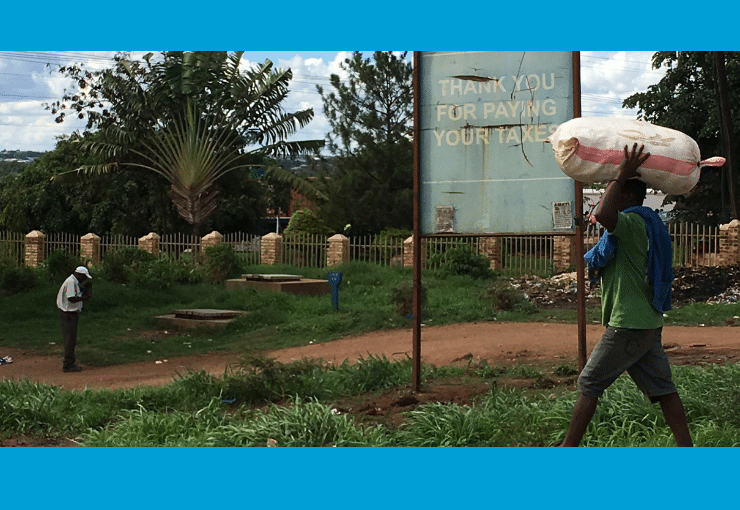Unlike Minister Agema (Healthcare), a majority of members of parliament fortunately does think we should send mpox vaccines to countries in Africa. After all, it contributes to containing the infectious disease and thus the risk of it spreading to even more countries.
Moreover, donating vaccines is in line with the Dutch Global Health Strategy 2023-2030. This strategy was developed with an eye to overlap in Dutch and international interests. It states, ‘In the context of equal access to vaccines, the Netherlands is […] committed to making any surplus vaccines available for donation to countries in need.’
As the virus emerges in an increasing number of countries – including outside Africa – last week Minister Agema said that she was sticking to the Netherlands’ stockpile of 100,000 doses of mpox vaccines. According to the RIVM (National Institute for Public Health and the Environment), our country can spare 13,200 doses (whose shelf life expire next year).
We agree with experts and a majority of members of parliamen that the Netherlands should give away these vaccines. The best way to contain the outbreak and prevent spread is to vaccinate as soon as possible where it is urgently needed. We call on MPs to keep up the pressure for vaccine sharing.
Towards a sustainable solution
Donating mpox vaccines is a pragmatic solution to protect people in Africa as soon as possible and prevent further spread of the virus. However, a donation model is not a sustainable solution for access to medical products in Africa. Therefore, the Netherlands should also focus on solutions that will make donating vaccines unnecessary or hardly necessary in the future.
An important solution is regional production of medicines and vaccines in Africa, with African countries having control over the making and distribution of these products. Currently, to access to medicines, low- and middle-income countries depend on the willingness of Western companies to market their products in their countries as well. Regional production should reduce this dependence.
The Netherlands should therefore continue to support initiatives for regional production in Africa. To get regional production off the ground properly, it is also important that Western companies share their patents and knowledge with local producers in African countries. Governments that financially support initiatives for regional production in Africa, such as the Netherlands and the European Union, can encourage this, for example by attaching conditions to their funding of medical innovation.




